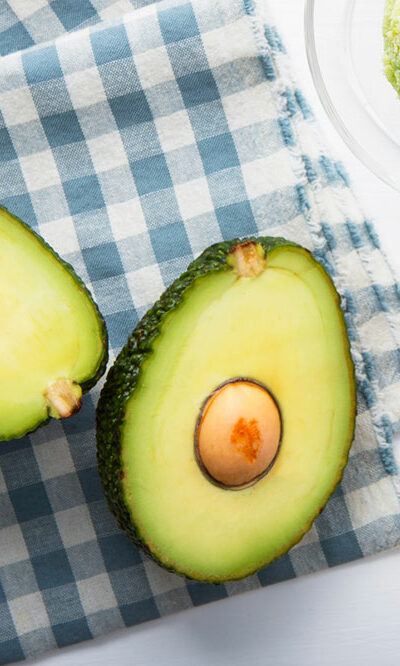6 foods to avoid for managing ADHD

If you’re dealing with ADHD, food can be an essential tool in helping maintain or improve your focus and concentration. Unfortunately, certain everyday foods are the worst offenders regarding the condition’s symptoms; adopting a few healthy eating habits and eliminating highly processed snacks may improve your ability to stay focused and alert. Here is a list of six of the most common culprits that should be avoided to manage ADHD.
Foods to avoid to manage ADHD
Attention-deficit/hyperactivity disorder (ADHD) refers to a neurodevelopmental disorder affecting children and adults. The symptoms of ADHD include difficulty with focus, impulsivity, and hyperactivity, which can significantly impact an individual’s daily functioning. While there is no specific meal plan for managing the condition, some foods can exacerbate symptoms and should be avoided. Here are six foods to avoid for managing ADHD:
Sugary foods and drinks
Consuming sugary foods and drinks can lead to a spike in blood sugar levels, worsening symptoms of hyperactivity and inattention. It is recommended to avoid processed and refined sugars found in candy, cakes, soda, and fruit juices. Instead, opt for natural sources of sugar such as fruits or honey.
Artificial food coloring
Research suggests that artificial food coloring may exacerbate symptoms of hyperactivity and impulsivity in children with ADHD. Foods commonly containing artificial food coloring include candy, cereals, instant/frozen food, and soft drinks. It is best to eliminate these foods to avoid ADHD and opt for natural alternatives such as organic and artificial color-free vegetables and fruits.
Processed foods
Processed foods have highly refined carbohydrates and artificial additives, which can negatively affect brain function and exacerbate ADHD symptoms. Foods to avoid with ADHD include frozen dinners, chips, and fast food. Opt for whole, unprocessed foods such as whole grains, fruits, and vegetables.
Gluten
Some research suggests that gluten, a protein found in wheat, barley, and rye, may worsen symptoms of ADHD in some people. While the evidence is limited, a gluten-free meal plan may be worth considering if you or your child has ADHD. You may include nuts, seeds, meat, and legumes to manage ADHD better.
Dairy products
Milk, cheese, yogurt, and other dairy products may worsen ADHD symptoms in some individuals. This may be due to the proteins and sugars found in dairy, which can trigger an immune response and inflammation in some people. If you suspect that dairy may exacerbate ADHD symptoms, consider eliminating it from your meals for a few weeks to see if it improves.
Caffeine
While caffeine can temporarily improve focus and attention in some people, it may worsen symptoms of ADHD in others. Caffeine in any form may increase heart rate and blood pressure and exacerbate symptoms of hyperactivity and impulsivity. Thus, limiting or avoiding caffeine-containing foods and beverages such as coffee, tea, and chocolate is recommended.
In conclusion
By being mindful of what foods you put in your body, managing ADHD can be easy. Whether developing a meal plan or cutting out specific trigger foods, focusing on nutrition can benefit those with ADHD. To get the best results, individuals should seek professional advice from a healthcare provider specializing in ADHD treatment. Taking the time to look into alternative ways of support is key to creating positive changes that benefit both the mind and body.







